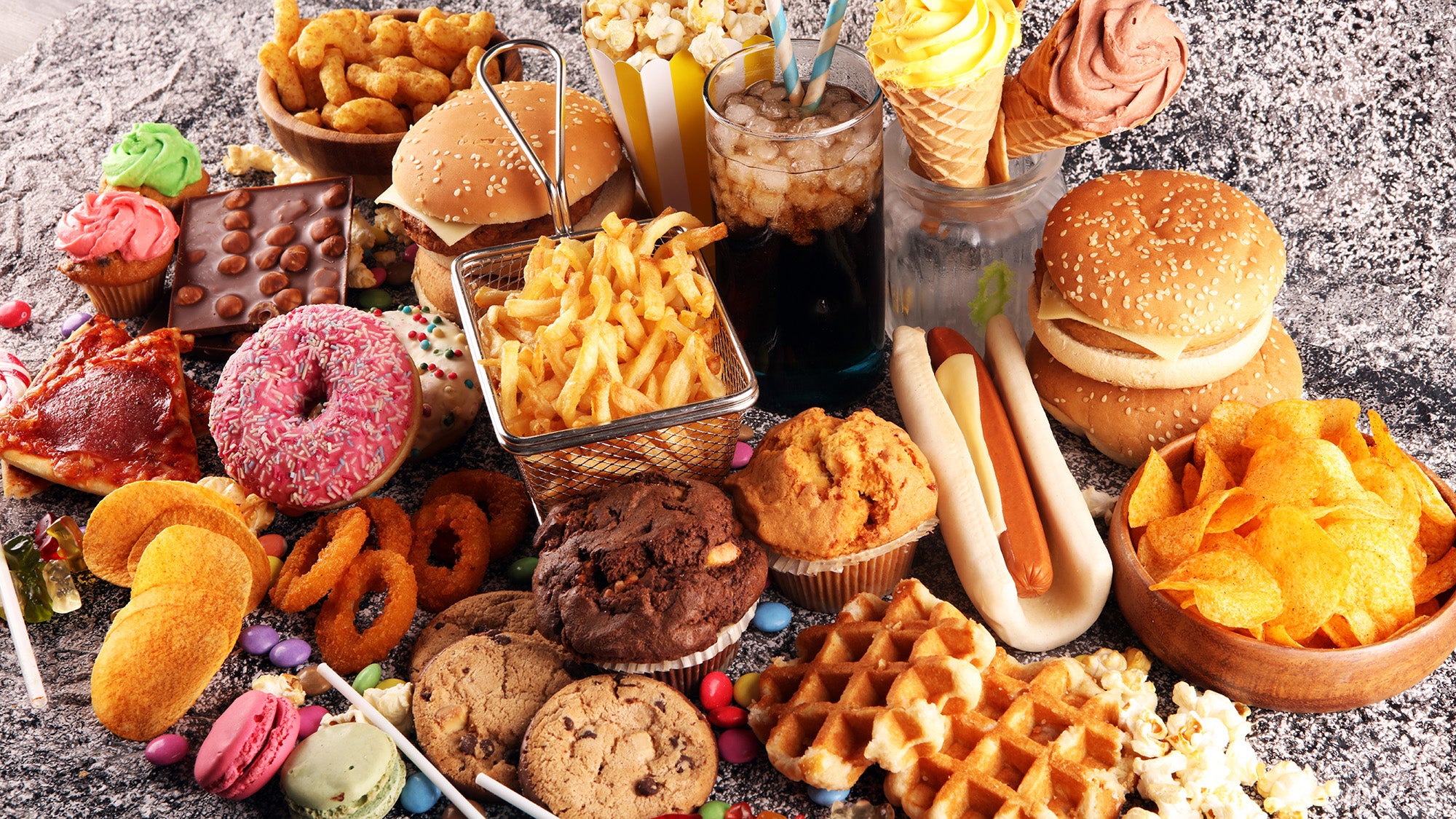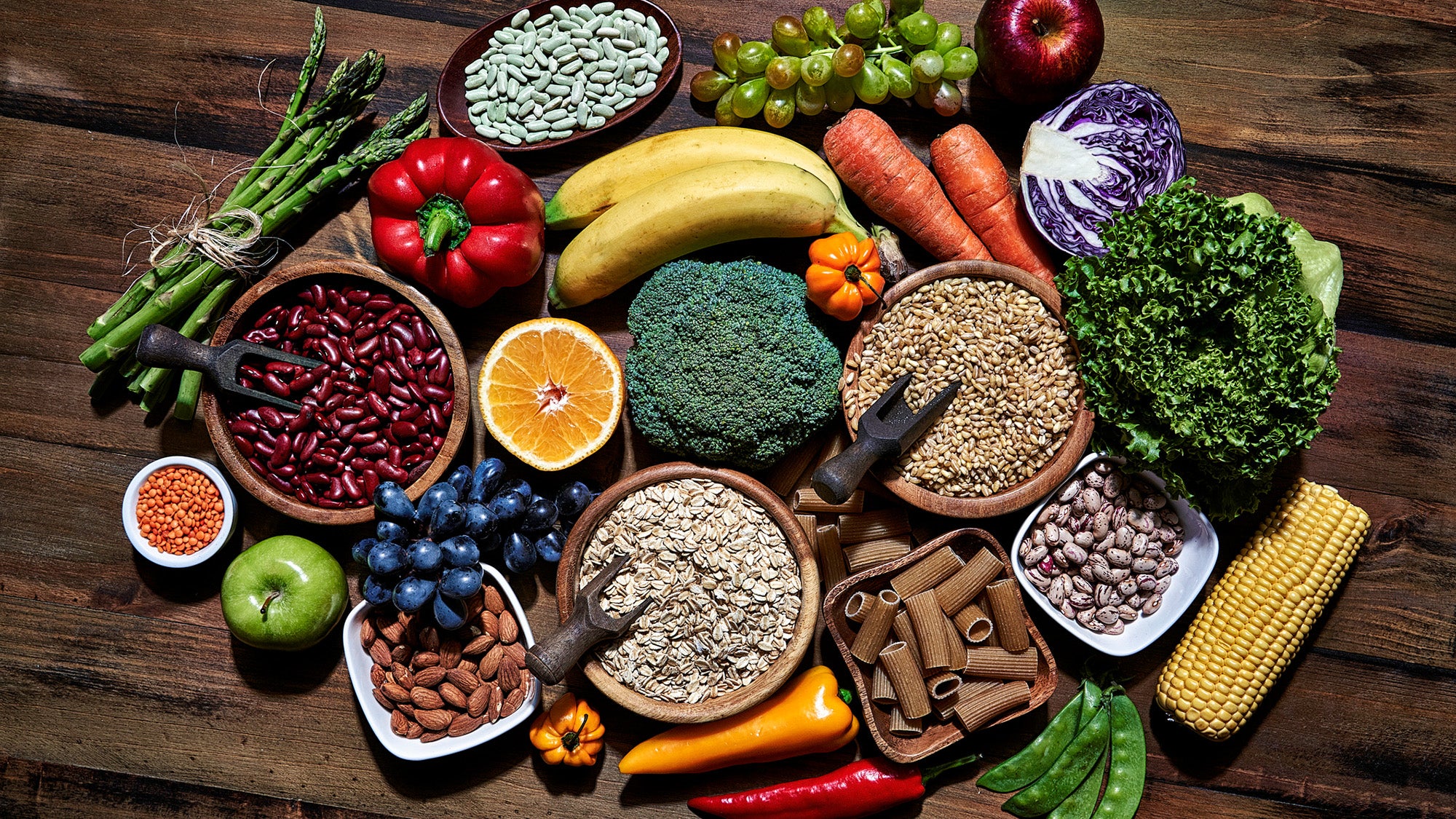Will RFK Jr. really curb ultra-processed foods, like he promised? Experts weigh in.

Health and Human Services Secretary Robert F. Kennedy Jr. has targeted ultra-processed foods, saying they’re a major contributor to chronic disease in the U.S. Some food experts, quoted in a July 8 article in the Guardian, are welcoming Kennedy’s stance, but they also express skepticism about whether changes in U.S. food policy will actually come to fruition under the Trump administration.
Ultra-processed foods—such as chips, sodas, packaged bread, and microwave dinners—make up 73% of the U.S. food supply and have been linked to health conditions such as diabetes, obesity, depression, and certain cancers, according to the Guardian.
The first report of the “Make America Healthy Again” (MAHA) commission, issued in May, noted that nearly 70% of U.S. children’s calories are coming from ultra-processed foods. The report called for putting whole foods “at the center of healthcare,” boosting nutrition research, and minimizing food industry influence over that research.
Jerold Mande, adjunct professor of nutrition at Harvard T.H. Chan School of Public Health, told the Guardian that it was “extraordinary” how quickly the MAHA commission has “made chronic disease, specifically big food,” a political priority. “It’s a bit breathtaking and refreshing to see this administration put out a report where they just clearly saw a root cause of all this sickness and death is the industry,” he said.
The Guardian article also noted that, as head of the MAHA commission, Kennedy has said he would introduce regulatory reforms such as phasing out synthetic food dyes and ending a loophole for untested food additives.
Still, experts noted that actions taken so far by the Trump administration actually appear to undercut some of the stated goals regarding ultra-processed foods. For example, the administration has cut some grant programs aimed at bringing more fresh produce to youth. It has also cut Supplemental Nutrition Assistance Program (SNAP) benefits.
Mande noted that one effective way to tackle ultra-processed foods would be to step up regulation of the food industry—which hasn’t happened yet.
“It’s become a pattern that they announce ambitious plans, they say a lot of the right things about what the problem is and what we broadly need to do about it, but the specifics are either missing or really not properly aligned to the task,” Mande said. “It’s still early, but it’s happened repeatedly enough to be concerning.”
Read the Guardian article: Inside RFK Jr’s conflicted attempt to rid America of junk food


